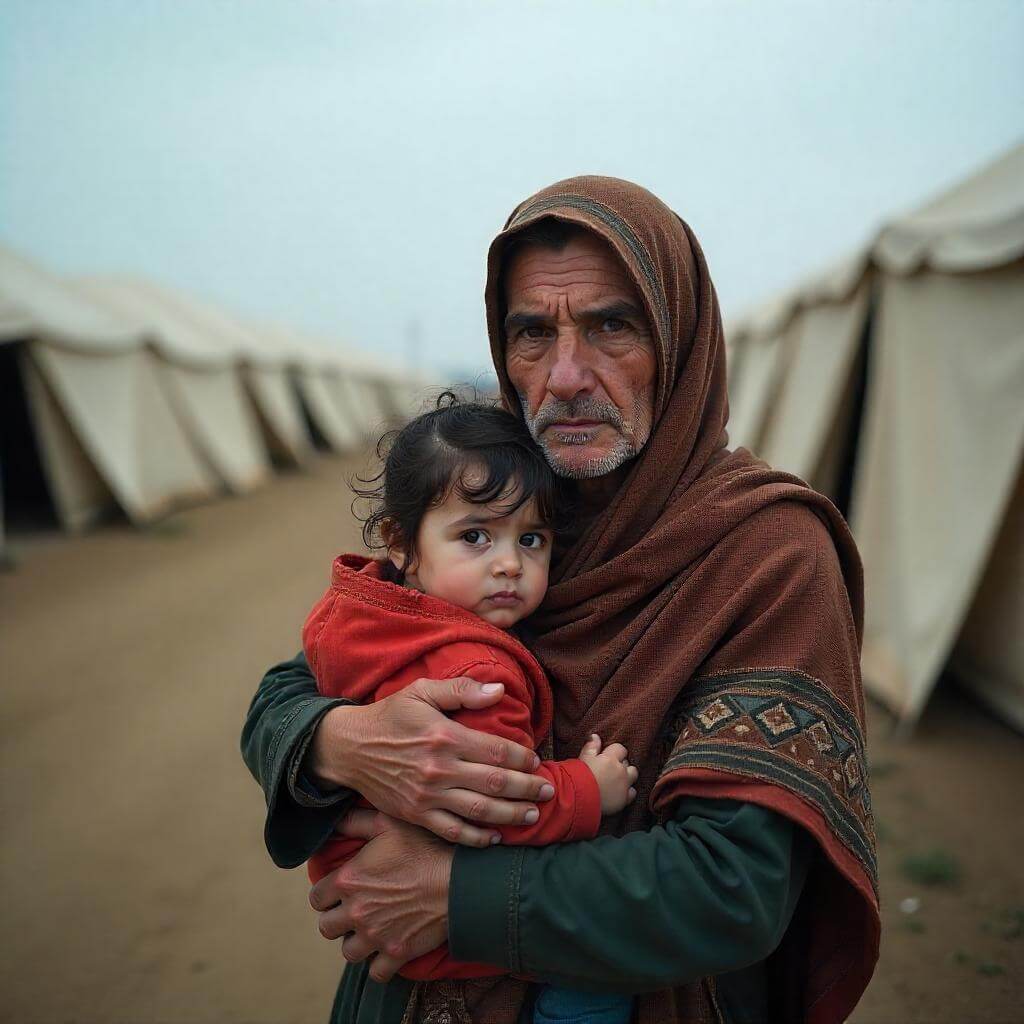
In May 2025, he announced Balochistan as an independent country and established the Republic of Balochistan. Read about the declaration and it’s global reactions and consequences.
The declaration of independence of Balochistan on May 9, 2025, by a prominent writer and politician sent shockwaves across the world. This territory was once a part of Pakistan. This newly formed republic signified Yar Baloch’s ascendancy as Provisional President with Archen as Provisional Prime Minister, both assuming the leadership roles.
Well, with this step, the rather strong Baloch national movement became the core of mir Yar’s ruler Baloch stance. As the appeal for international acknowledgment surges, the planet is more alert than ever.
The Proclamation: Republic of Balochistan
The statement isn’t unnarrated, and it does come as part of a complete scheme assigned along with government institutions, parliamentary affairs, armorial flags, and also petitions to world bodies such as the United Nations. The Republic of Balochistan seeks to emerge as the exclusive sovereign political entity of the Afghan Baloch, and amply neglected and politically issues bearing people scattered in conflict and violence in Pakistan.
As reported by sources, the declaration featured:
A request to the United Nations to issue recognition.
A significant appeal to India to create a Baloch embassy in New Delhi.
An appeal to humanitarian organizations to take action and monitor the situation on the ground.
This was taken in the context of growing unrest of Balochistan where the separatist movements have been boiling under a heavy military presence and political suppression by the Pakistani state for decades.
Strategic Regions and Narrative Framing
The timing of the announcement is crucial. It happens to align with intense domestic scrutiny for Pakistan, which is already battling with:
Extreme economic crisis.
Deepening cross-regional conflicts.
Deteriorating national cohesion.
In Reference to the nationalist movement in the region, this scenario gave what has been termed a `narrow window of opportunity’ to advance their independence claim. The action remarkably mimics the 1971 secession of Bangladesh, an incident Pakistani MP Maulana Fazl-ur-Rehman, controversially commented on when stating, “multiple districts in the province are ready to break away.”
Coordinated Resistance: Operation Herof 2.0
After the announcement, the Baloch Liberation Army (BLA) initiated what is now known as Operation Herof 2.0, an insurgency effort which reportedly contained 78 attacks executed meticulously in 58 locations across the region. The main focus of the assaults were military bases and government buildings, clear markers of the intent of the separatist movement.
These actions, while controversial, showcase the will and operational capability of militant elements in the area. The BLA framed the operation as a “defensive liberation campaign,” the aim of which was to safeguard the fledgling republic and dismantle the grip of the Pakistani military.
The Pakistan Response
The federal government of Pakistan was quick to reject the declaration as “null and void.” Politicians have alleged that foreign intelligence agents, particularly from India, are supporting the cause without providing proof.
The separatist sentiments shared by Pakistani lawmakers recently showcases Islamabad’s frail control over the province. This is particularly true in light of the recent Turbat, Gwadar, and Quetta internet blackouts, as well as the rampant arrests.
Absent Global Observers – Strategic Interests
As of now, no acknowledged ally has come forward to accept the republic as a sovereign state. Although, in the past, India has expressed concern over human rights violations within the region, they too refrain from making a recognition request. The United Nations is silent on the matter as well.
Strategically, remaining silent serves multiple purposes:
Global leaders shun the concept of encouraging secessionist movements due to the detrimental impact it may have in their regions.
With Chinese investments in CPEC, the Balochistan region is now heavily influenced by Beijing’s demand for regional stability.
The US and EU take a more defensive approach by retaining relationship with Pakistan, as doing otherwise would further destabilize the country.
Global organizations, primarily focused on human rights issues, have openly urged Pakistan to allow for independent observation providing political dialogue as an alternative to military control.
The Road Ahead: Hopes and Doubts
As for Mir Yar’s declaration, it is much more than a political statement. It is a century’s long neglected struggle for autonomy and self-identity. There are, however, issues of great concern which remains to be solved.
International neglect prevents Republic of Balochistan from performing diplomatic functions.
The stagnant warfare has the potential to develop into a humanitarian catastrophe.
The internal rift in the Baloch nationalist movement may pose a risk to cohesiveness as well.
All these factors, however, have inspired a new wave of Baloch youth across the world to hope for a free future.

Conclusion
Mir Yar’s self-declared independent state in 2025 has dramatically changed the conversation on regional self-governance and nationhood in South Asia. Although this new republic is unrecognized and in a state of war, its symbolic value cannot be undermined.
Saber Yar’s is the face of this requiem as the world contemplates fiercely over self-rule demands emerging from Balochistan.
Read more: https://echoteller.xyz/ https://globalhype.info/


